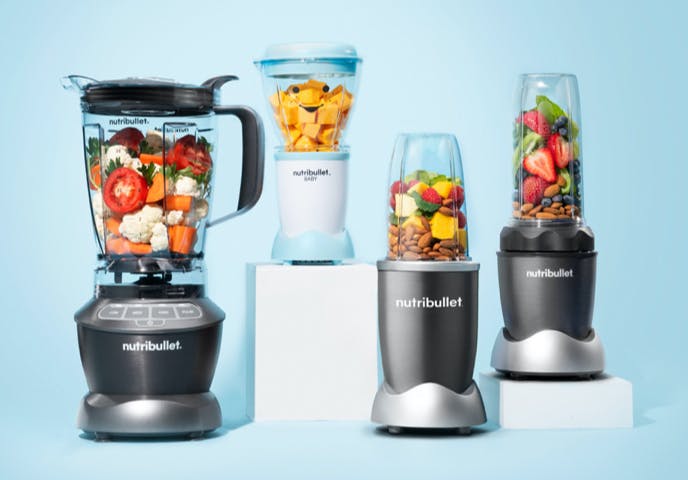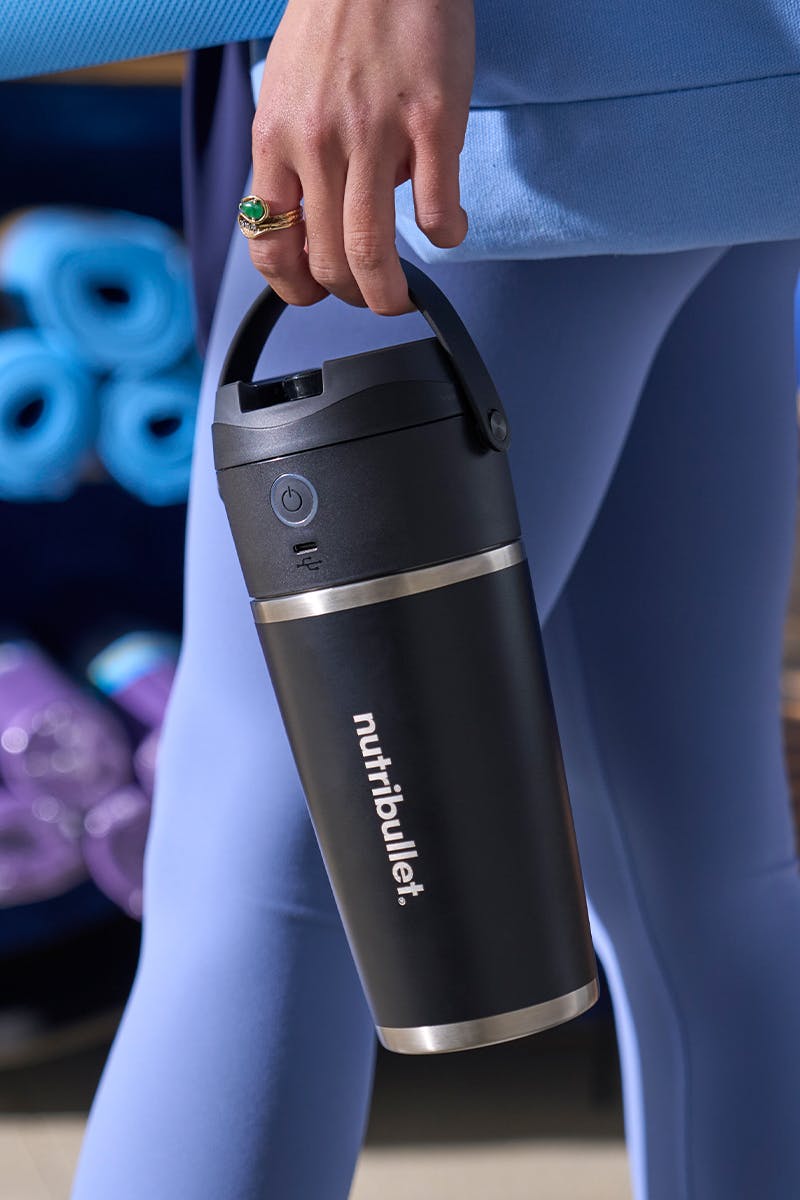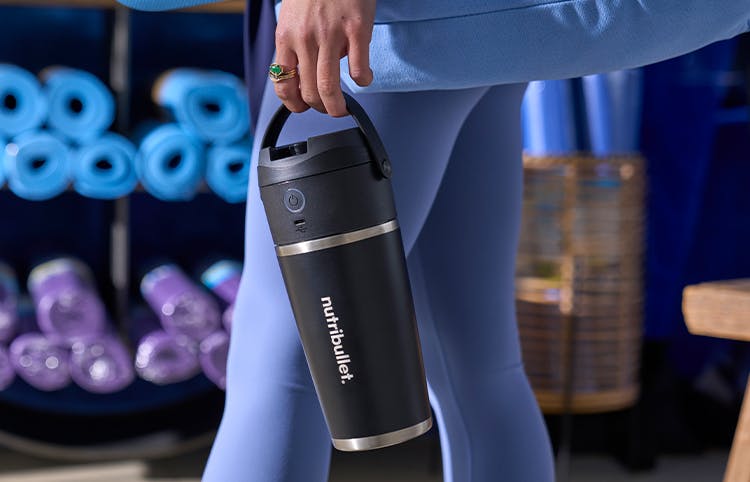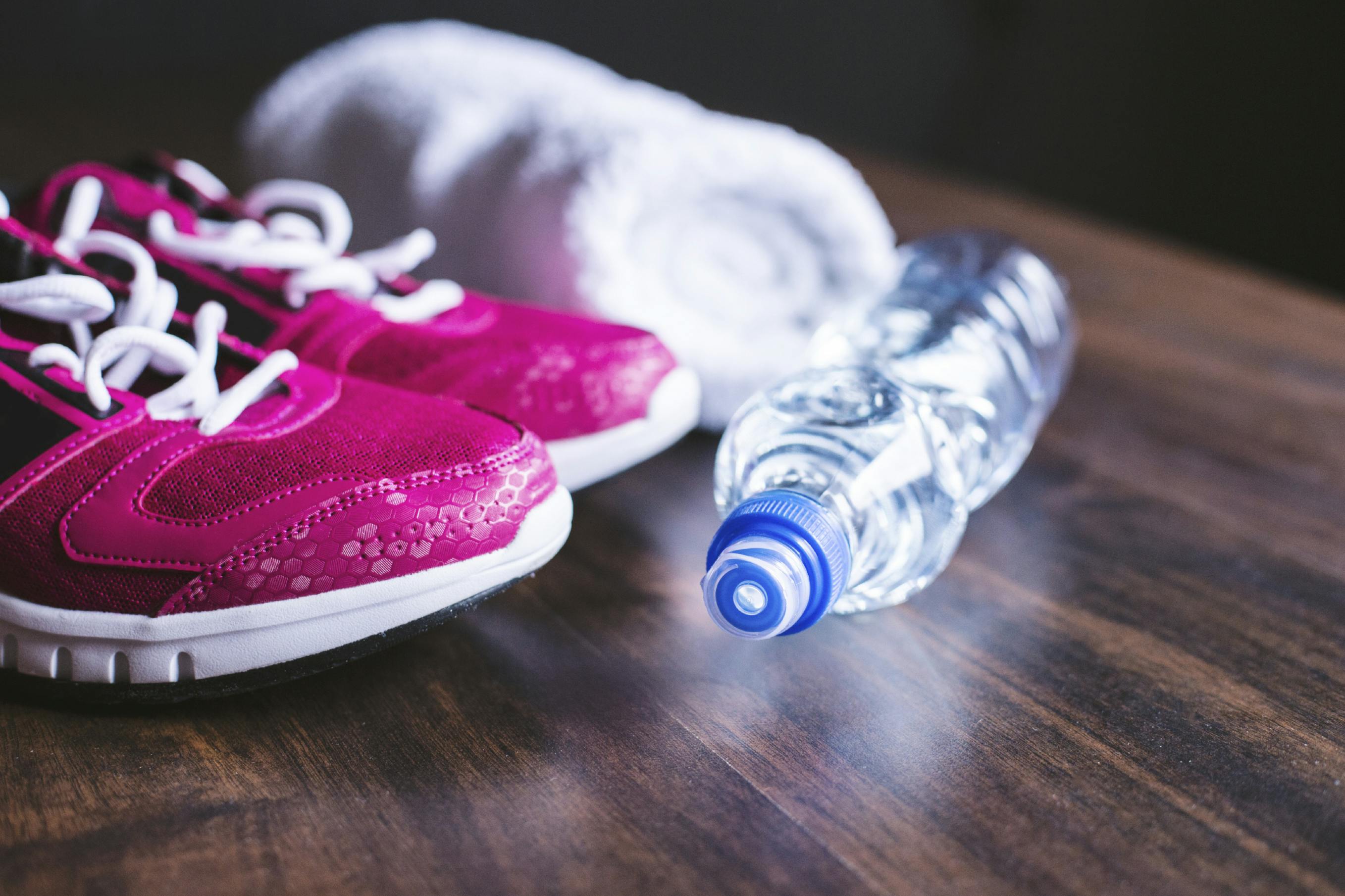You may be in the midst of planning a much anticipated vacation. Alternatively, you may have yet another business trip, for which you quickly pack your small bag and dash off to the airport. Either way, the last thing on your mind is how to best maintain your health throughout the journey.
The chances are that you haven’t considered your health at all. You may have given a moment’s thought to the unwelcome jetlag awaiting you on the other side. But alas, jetlag is just one of many possible health concerns. Regrettably, with frequent travel, the odds are stacked highly against you during and after your trip. And even if you don’t actually catch something, your health is still compromised. Scott Cohen from the University of Surrey and Stefan Gossling from Lund University in Sweden published a paper titled ‘A darker side of hypermobility’ in the Environment and Planning, Interdisciplinary Sage Journal 2015 in which they aggregated the data from 15 years of major studies on frequent travel.
It’s no secret that traveling is tough on your immune system. In fact, a recent survey by World Access, a travel insurance company, estimated that 35 percent of business travelers become ill while on the go. If you think about it, it’s quite daunting to be onboard together with 200 strangers for anything from an hour to 18 hours, all sharing the same couple of toilets and breathing the same re-circulated air.
According to Cohen and Gossling, the idea of being a “road warrior” tends to be glamorized. However, for those hypermobile business travelers with 14 or more days of travel in a month, there’s a wide range of physiological and mental consequences that are often overlooked.
“Frequent flying can lead to chronic jet lag, which can cause memory impairment and has been linked in studies to disrupting gene expression that influences aging and the immune system, and increased risk of heart attack or stroke,” says Cohen.
If aging faster isn’t scary enough, it turns out that frequent business travelers are exposed to more radiation than is considered healthy. “Radiation exposure is hundreds of times higher at high altitude than at ground,” says Cohen. Whether you’re in economy or first class, everyone on a long-haul transatlantic flight is also breathing the same re-circulated air. Not only does this expose frequent business travelers to more germs, the jet lag and general tiredness from running to and from airports “can even switch off genes that are linked to the immune system,” Cohen notes in his paper. This means frequent travelers are not as well equipped to fight off disease as people who travel less frequently.
“The disruption of the circadian rhythm from jet lag affects mood, judgment, and concentration for up to six days,” says Cohen. For most of us intermittent travelers, we aren’t at this extreme risk for long term damage, but our health still takes a physical and mental beating whilst on board and thereafter.
For any trip, it’s wise to implement healthy travel habits to prevent illness, optimize your wellbeing and boost your immunity before, during and after your trip.
6 Best Travel Tips
- The day before is essential.
Most of us pack at the last minute, preparing for a presentation or tying up loose ends. We stay up later and get up earlier in time to board the plane with half the sleep we normally get. Sleep is crucial for a strong immune defense. We erroneously convince our sleep-deprived selves that we will sleep as soon as we get on board when we should, in fact, aim for the opposite. To build up extra reserves, try to get to bed an hour or two earlier the night before. And for a boost of energy, have a NutriBlast smoothie, filled with sustaining nutrients and fresh ingredients, as a meal or snack before heading off.A very useful strategy is to pack your bags, prepare for the trip and wrap up all details two days before traveling. Make of list of everything that needs to get done a few days prior to departure and get started on it a day sooner than you think necessary. Be disciplined about ensuring an especially good night’s rest, which will help boost your immune system for traveling.
- Hydration is key!
Drink lots or water before, during, and after flying. Dehydration contributes to your fatigue and listlessness. Your nose is an overlooked, yet key element in your immune defense system and when it’s very dry, there’s less of a protective barrier. It’s a good idea to bring along a nasal spray to hydrate nasal passages.
- Avoid the temptation of alcohol.
Alcohol on board is not a good idea. Although it’s so tempting to have a lovely glass or two of wine on a long haul flight, the alcohol dehydrates you significantly, heightens irritability, interferes with sleep cycles and circadian body rhythm and compounds jetlag.
- Stay germ-free.
Most of the illnesses we catch on board are viral upper respiratory infections. Transmission of viral particles is almost entirely from droplet spread from nose and mouth to hands. To catch a viral infection, all you need to do is touch a surface that someone else with a cold has touched. Wash your hands frequently and carry a small hand sanitizing solution or a pack of cleansing wipes, especially before eating.Unless they’re sealed in plastic, avoid the airline pillows and blankets. They’re teeming with other people’s germs.Many people suggest taking supplements such as vitamin C and probiotics, as well as herbal remedies such as Echinacea. There’s no proven scientific evidence on their effectiveness, but there’s no harm in trying.
- Prevent the risk of blood clots.
Albeit infrequent, Deep Vein Thrombosis (DVT) is a concern for travelers over long distances. DVT is a condition in which a blood clot forms in the inside of a “deep vein” (one of the veins surrounded by powerful muscles that pumps blood back to the heart). The clot can grow in size and obstruct circulation or break-off and cause a pulmonary embolism, resulting in serious illness and, possibly, death.Dr. Jack Hirsh of the American College of Chest Physicians in the report on deep vein thrombosis from flying or ‘economy class syndrome’, suggests “Although only certain individuals are at high risk, we strongly advise all our patients traveling on flights of more than six hours to take the necessary precautions to prevent thrombosis.” Although originally called Economy Class Syndrome, due to the limited legroom, it can occur in any class of flying and has little to do with your personal space. The report recommends wearing loose comfortable shoes and clothing, avoiding dehydration, and engaging in frequent calf muscle stretching. Patients who are at high risk should use a compression stocking or medication with a doctor’s advice.
- Move before, during and after!
Stand or walk as much as possible in the airport, avoid moving walkways and escalators, and go for a quick walk while waiting for the flight to take off instead of sitting in a chair. Be sure to pack a pair of workout clothes and go for a run or walk outside if your hotel or accommodation doesn’t have a gym.
As your plane roars down the runway, sit back, relax, and slip on some snugly socks. Whether your trip is for business or for leisure, you can make the most of it by being prepared health-wise. So, begin your foot exercises, pull out your bag of high fiber nutritious goodies and enjoy the journey!



















